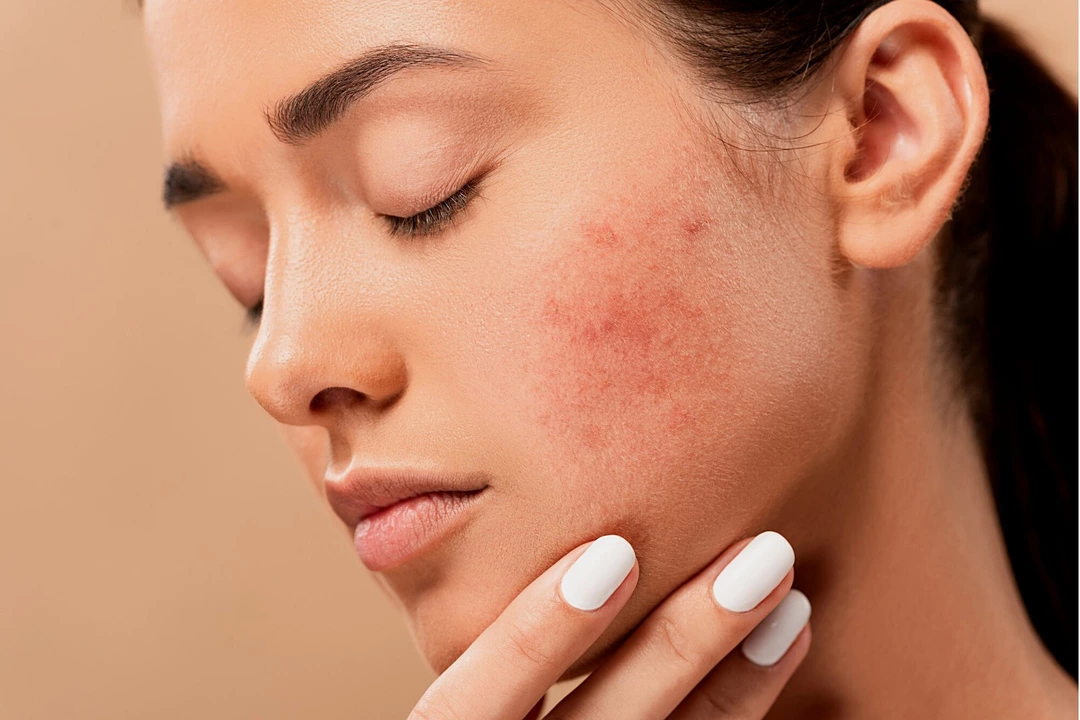If you’ve ever wondered why a sudden breakout appears or why eczema flares up out of nowhere, you’re not alone. Your skin talks to you through redness, itching, or blemishes, but the messages can get lost in daily chaos. Below we break down the most common culprits that make your skin act up and give practical steps to figure out which one is behind your issue.
Hormonal swings are a top cause of acne, especially for teens, women on birth control, or anyone dealing with stress. When estrogen or testosterone spikes, oil glands crank up production, leading to clogged pores. The result? Those familiar whiteheads or blackheads that seem to pop up overnight.
What can you do? Track your breakouts against periods, workouts, or stressful events. If you notice a pattern, talk to a dermatologist about hormone‑friendly treatments – things like topical retinoids (think Retin A) or low‑dose oral contraceptives can calm the oil flood.
Many prescription drugs have skin side effects. For instance, Accutane (isotretinoin) is a powerhouse for severe acne but can dry out your skin and cause sensitivity. Even non‑dermatology meds like beta‑blockers or certain antibiotics may trigger rashes or worsen eczema.
The key is to read the medication guide and watch for any new itchiness, redness, or bumps after you start a new prescription. If something feels off, reach out to your doctor – they might adjust the dose or suggest an alternative.
Contact dermatitis is often caused by everyday items: scented soaps, laundry detergents, or even certain fabrics. A tiny patch of red, itchy skin that appears after using a new product is a classic sign.
Patch testing at a clinic can pinpoint the exact allergen. In the meantime, simplify your routine – stick to fragrance‑free cleansers and wash clothes with gentle detergents. This “less is more” approach reduces irritation fast.
Sun exposure, humidity, and temperature swings all affect skin health. UV rays can trigger melasma or accelerate aging, while dry indoor air in winter strips moisture, making eczema flare.
Protect yourself with broad‑spectrum sunscreen daily, even on cloudy days. Use a humidifier at home during dry months, and choose moisturizers that contain ceramides to lock in hydration.
What you eat and how you sleep matter more than most people think. High‑glycemic foods (white bread, sugary drinks) can spike insulin, which may increase oil production. Lack of sleep disrupts the skin’s repair cycle, leading to dullness and breakouts.
Try swapping refined carbs for whole grains, add omega‑3 rich foods like salmon, and aim for 7–8 hours of quality sleep. Small tweaks often bring noticeable skin improvements within weeks.
Identifying the cause behind your skin issues isn’t a one‑size‑fits‑all process. Start with a simple diary: note what you eat, new products used, stress levels, and any medication changes. Look for patterns over a couple of weeks.
If you suspect a medication is to blame, never stop it cold‑turkey – always consult your prescriber first. For persistent acne or eczema despite lifestyle tweaks, consider professional help. Articles like "Accutane: Everything You Need to Know About Isotretinoin for Acne" and "Buy Retin A Online: Safe Guide and Trusted Sources in 2025" dive deeper into specific treatments.
Remember, your skin is a reflection of many internal and external factors. By paying attention to the clues it gives you, you can tackle the root cause rather than just treating symptoms. Stay curious, keep a record, and don’t hesitate to reach out to a dermatologist when needed – they’ll help turn those skin woes into smoother days.
